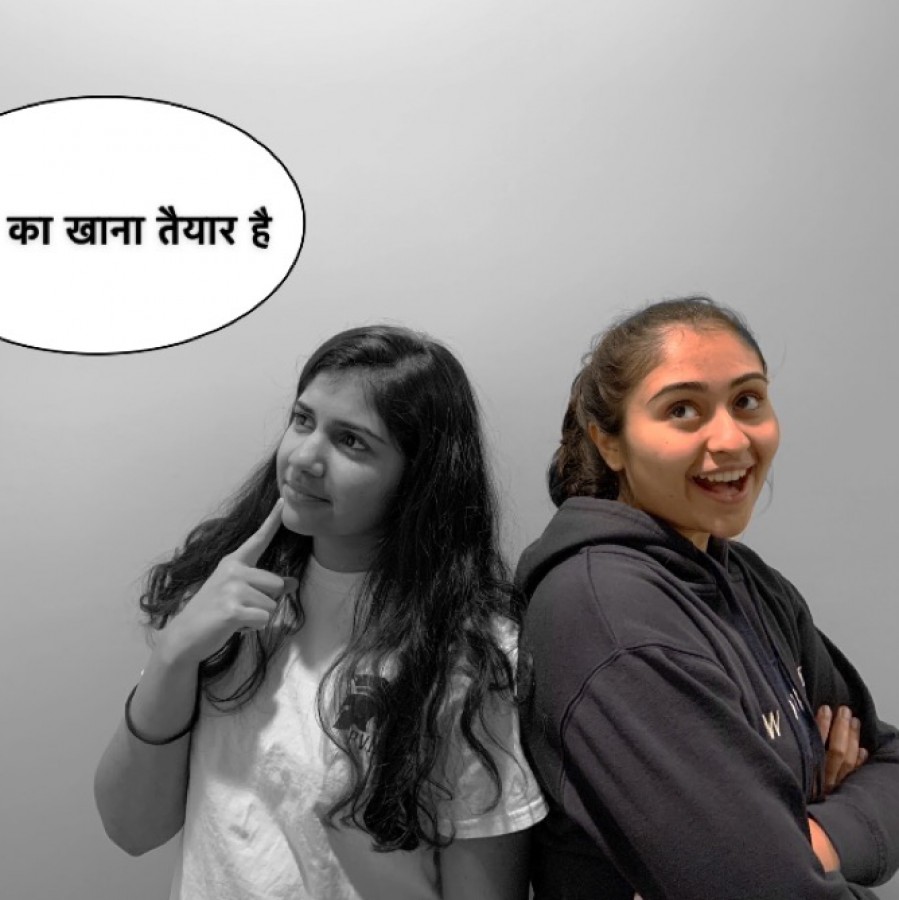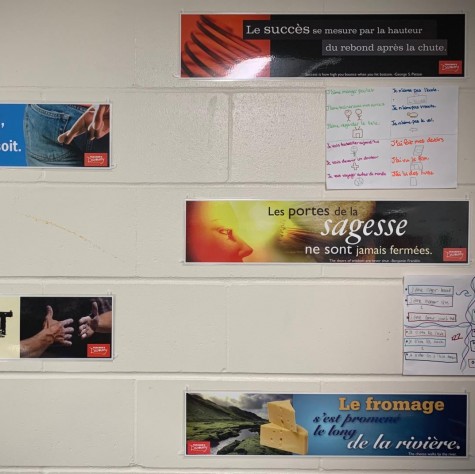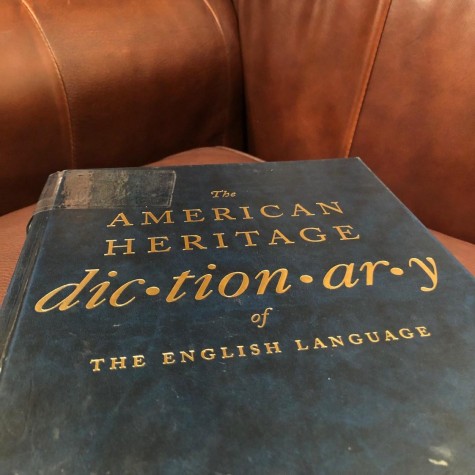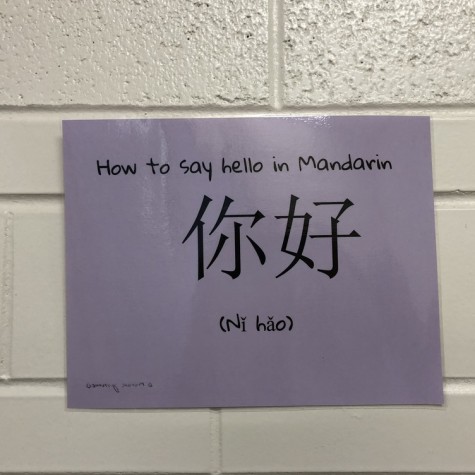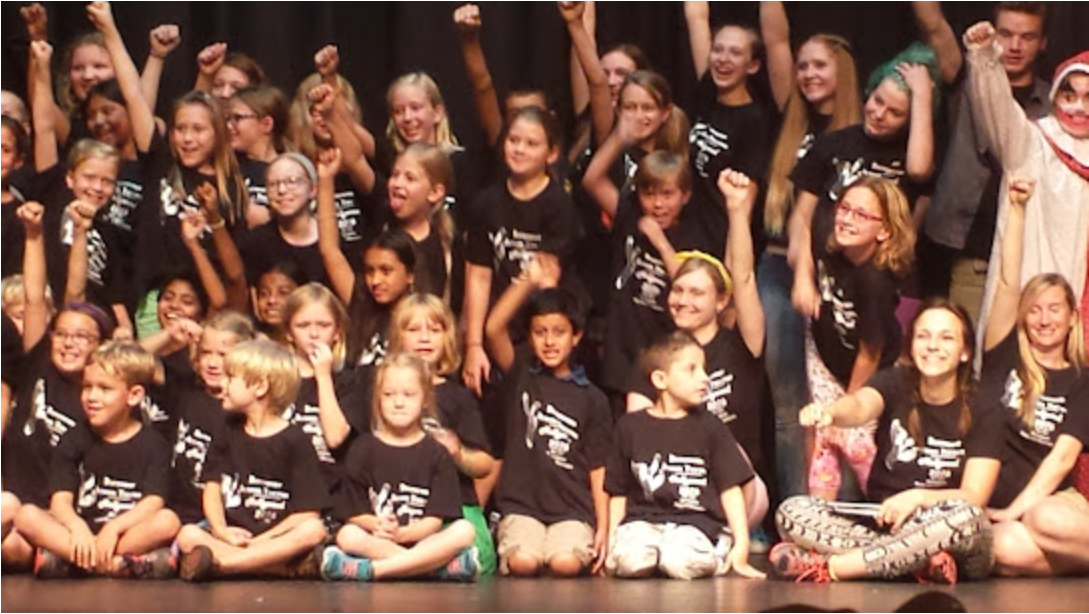Childhood serves as an ideal period for parents to collectively focus on providing their child with the linguistic environment to nurture identity. As children of different ethnical backgrounds are immersed in environments of various cultures in their daily lives, it becomes increasingly difficult to maintain their native tongue.
This loss of a native language becomes detrimental to the maintenance of culture.
The preservation of indigenous languages goes far beyond communication. Imbued in languages are the customs and passions of a certain culture. Exposure to such diverse environments at a young age may be very beneficial in creating tolerant youth. However, the exposure can create a lacking sense of self belonging.
As younger generations near adulthood, they develop the desire to be involved, whether it be through participating in extracurricular activities, working or simply spending time with family and friends; the time spent in the household becomes very minimal. These external factors, such as employment and education, take family members out of the home, limiting the opportunities for the child to be consistently immersed in an environment in which their native language is prevalent.
Senior Ekta Kulkarni is one to notice such a change in her own home. As an individual of Indian descent who had lived in India for 12 years, she greatly values her cultural identity. Identifying with a particular culture gives people feelings of belonging and security.
Yet after moving to the United States, she has struggled to maintain her native language. “I personally feel like I am less fluent now than I used to be,” Ekta Kulkarni said. “It has only been four years since I moved here, but I can already notice a slight difference.”
Although Ekta Kulkarni struggles at times to preserve her mother tongue, she is still able to communicate well with her family at home and overseas. However, the difficulty of keeping ancestral languages alive and relevant today is exemplified by the case of another member of Ekta Kulkarni’s household.
Sophomore Niyati Kulkarni’s situation is unlike that of her sister’s. Both girls were raised in the same household for the entirety of their childhood, yet only Ekta Kulkarni was able to retain their native language. The reason behind this may be attributed to the order in which each language was first introduced in both girls’ lives.
Niyati Kulkarni was first exposed to English, whereas Ekta Kulkarni first began speaking her native language of Kannada. “I think English serving as my first language has held me back from being fluent in my native language and has made it difficult for me to keep in touch with my family and my culture,” said Niyati Kulkarni.
As daughters of immigrants, a source of pressure may arise from the failure to carry on cultural traditions. “When I speak with my grandparents, I have a hard time communicating with them because they have trouble understanding what I am saying,” said Niyati Kulkarni.
Although the lack of linguistic knowledge may cause distress to ones experiencing the cultural loss, the Kulkarnis’ parents are beginning to understand the complications of growing up in an environment where their children have been exposed to several different languages on the daily. “They understand that I am not around my culture and that I will have trouble maintaining it here,” Niyati Kulkarni said.
Ekta Kulkarni, along with others of different ethnical backgrounds, is beyond grateful for her culture allowing her to gain knowledge on its many aspects, including its languages.
“I think being trilingual allows me to interact with a wider spectrum of people,” Ekta Kulkarni said. “Language is a barrier that can be crossed easily if a person is willing to take the time to understand it.”
In communities where the culture and native tongue is endangered, maintaining the language in one’s life can be very difficult. Learning one’s native language, particularly in the early years of childhood, can combat this issue. But, it is no doubt that diverse environments can result in a minimal usage of one’s native tongue, developing a loss of prior linguistic and cultural knowledge.








